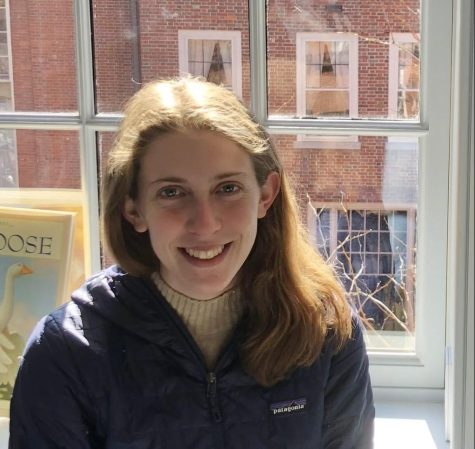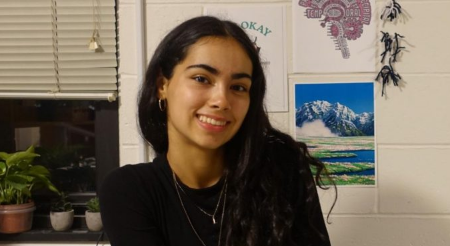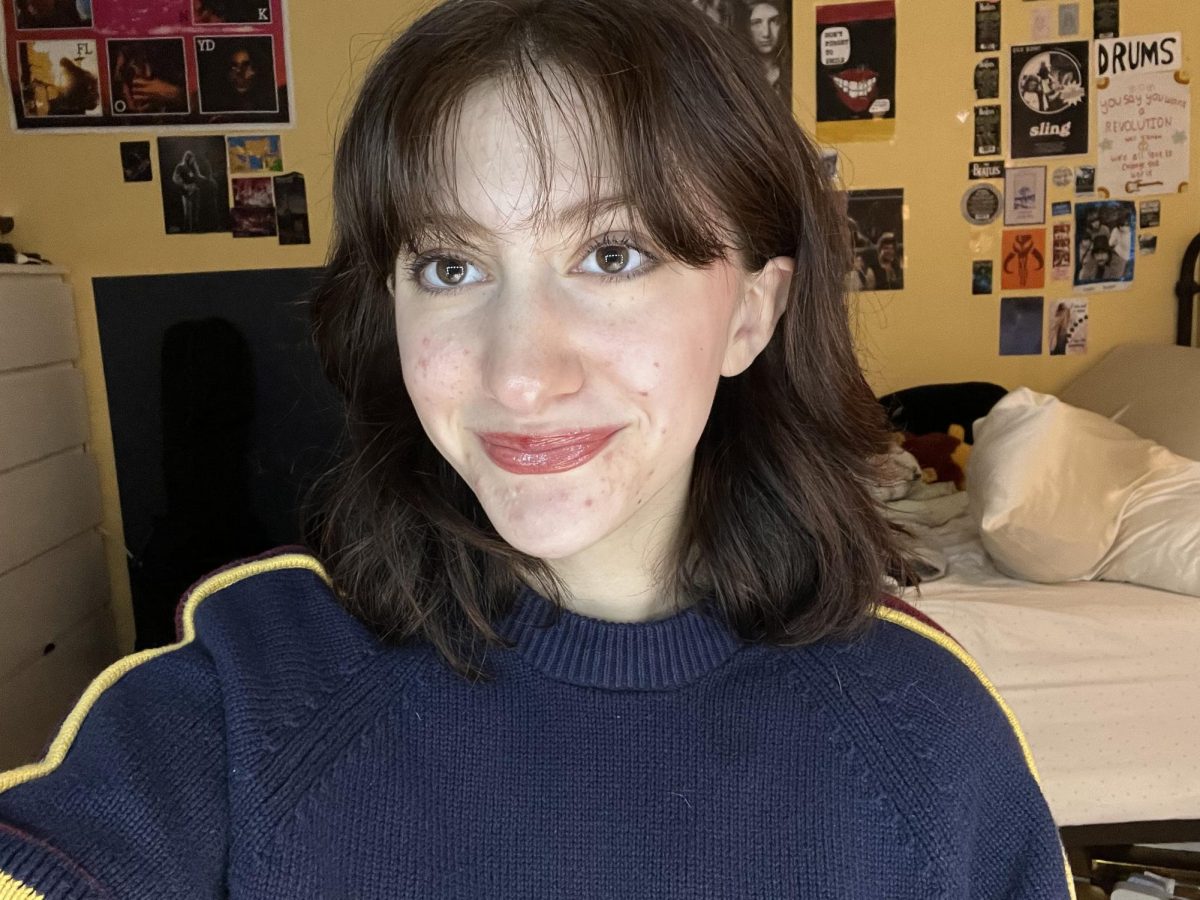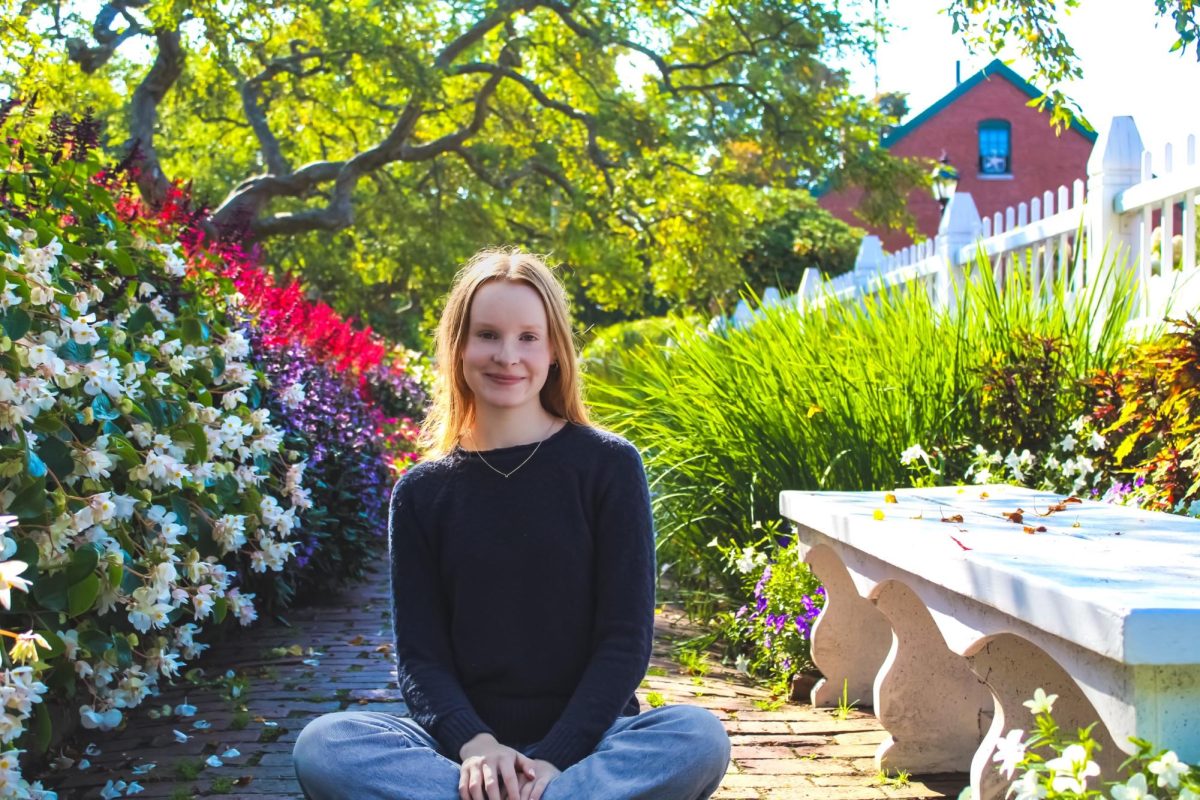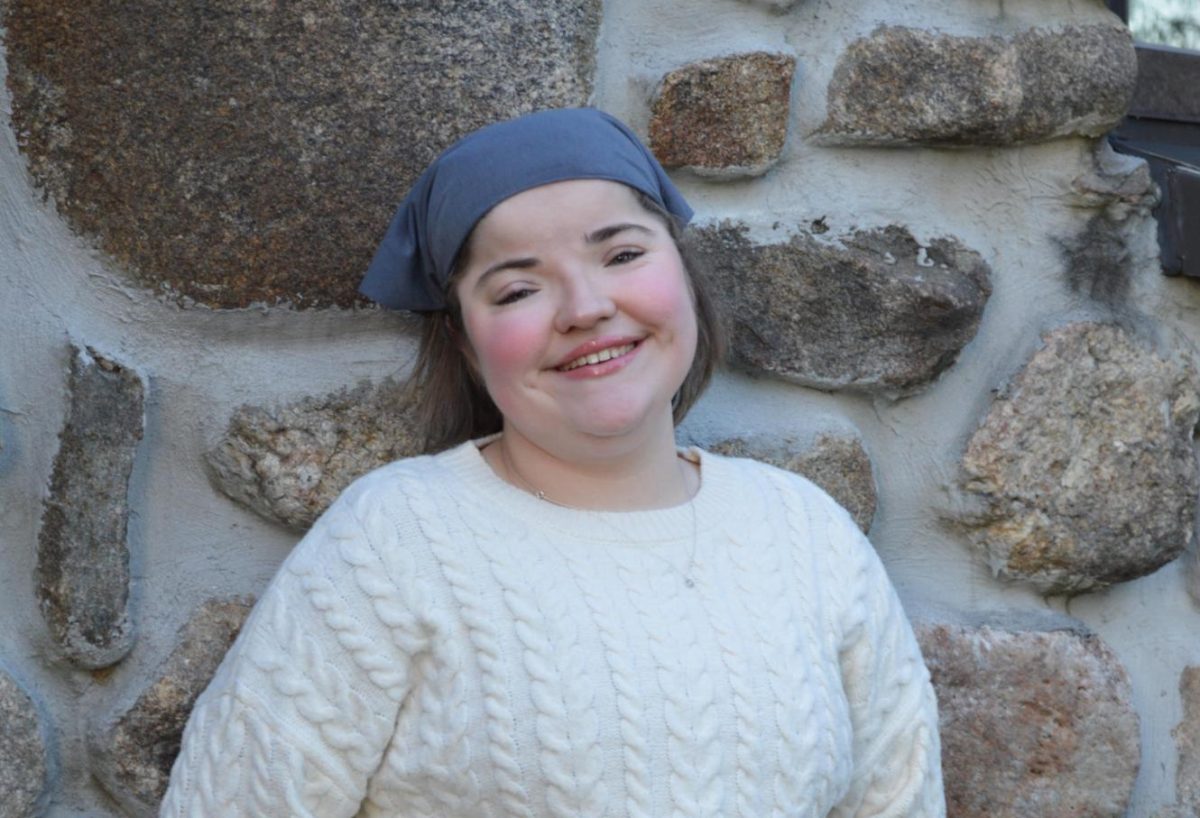Last spring, graduating seniors Naomi Orcel, Emma Robeau, and Luca Frost spoke about the college application process, and their experience and thoughts with it. Read their advice and stories below.
Naomi attends Yale University; Emma is at University of Massachusetts Amherst; and Luca goes to College of the Holy Cross.
How did you decide where to apply?
Naomi: I picked a few safeties—they were in Worcester or close to home, and I thought I would probably get into them. Then I branched out to state colleges, like University of Vermont and Penn State, and I would check if they had the program or major I was interested in. And then I picked a handful of Ivies that I’d be interested in.
You have to visit colleges—the first college I toured was WPI, because I wanted to go on a college tour to see what I would be like, and I absolutely hated it. I still applied there, because it was one of my safeties, but it gave me a good idea of what I want to see in a college.
Size and location mattered. I couldn’t be in a city like Boston, but I also couldn’t be in a suburban setting. And I couldn’t do campuses that were too large, like UMass Amherst.
Emma: When I started my search, I had no idea what to do, because being in Goddard, everyone is talking about all the Ivy League schools and everything. So, all I had in my mind was those schools.
I basically started by just touring random schools, and then based on what I liked, I made a list. For example, I visited ones in Boston. I went up to Maine, and I visited Colby, which is really in the middle of nowhere. I went to Springfield, and I just visited a bunch of schools that were nearby just to see what I liked. From there, I realized I wanted a big campus feel, but smaller class sizes.
Luca: I wanted to choose liberal arts colleges and universities, and I tended to focus in the northeast. I chose to apply to a few Ivy Leagues because that’s, you know, the trend. And then I chose some schools due to their international relations programs, which I feel like is one of my core academic interests. And then I applied to some local schools, just to have that option.
Overall, though, I wanted to apply to a lot of reach schools. I thought, if I apply to a lot of schools, then when I get accepted to some, then I can decide among those. The more schools I could apply to using the free applications that South provides, the higher my chances of getting into a top-ranked institution.
Did you have a dream school?
Naomi: My advice, don’t get attached to a college, because you might not end up there. If you really, really like a college and feel like, “I really want to go there,” that’s great. At the same time, for some schools, there’s not a high chance you’re going to get in there.
Emma: I never had a dream school, and I never had that feeling of “Oh, I went to that school and I loved it, I could see myself there.” But I think some of that was because I just did a campus tour, and I didn’t have an opportunity to meet the students.
When I got into some schools, and went to admitted students’ days and shadow days, that’s where I felt like, “Oh I could see myself there.” So, I never had a dream school. But as I narrowed it down, I had places where I could be like, “Oh, I could see myself being friends with the people who are here.” The shadow days were really helpful because I was able to talk with students not in an official setting. It gave me an idea of what classes and campus life is like.
Luca: I didn’t have a traditional dream school. I did have a kind of divide, though, between schools I’d be happy going to, and schools I wouldn’t be happy going to. In the end, though, I would have said my dream school was Georgetown, because of its nice location and the fact that it had a program that aligned with my interests.
Did financial aid have an impact on where you chose to apply?
Naomi: No, actually. You have no idea how much financial aid you’re going to get, so I just applied.
Emma: Not necessarily. When it came down to choosing one, though, that definitely became a factor.
Luca: No. I figured I’d just see what any school offered me once I applied, rather than striking it off right away.
How long did the application process take?
Naomi: I want to say I started around the end of September and I didn’t finish until the very last deadline, which was January 5. I would write supplementals and then read them and send their to my friends for them to read. And I did that for my college essay too. I’d say my college essay took me around two weeks, but collectively only four hours.
Emma: The Common App is very long and tedious. If I sat down to do it in a day, it would probably take me a good two, three hours, because it’s just a lot of information about yourself. And the supplemental questions for schools took even longer—I went through different drafts of them.
And then there’s the Common App essay, which took me a couple months. I had like three drafts. So it’s very long and annoying, but it’s easy because you don’t have to refill out the Common App for each school.
Luca: For me, I had thought about the Common App a lot before I actually filled it out, so I found it very easy to list the things I needed to put in. I’d say I finished a large portion of the Common App in about a day. But then I kept going back to it and reviewing my essay—so overall, it probably took a couple of weeks.
There were a lot of supplementals for some schools. Even if they were optional, I still completed them, because I felt that demonstrated interest, and I wanted to add as much positive reinforcement to my application as possible.
Do you have any advice for filling out applications?
Naomi: It was helpful to apply early and get it all off my plate. I remember, in January, a lot of people were rushing, and they were so stressed, but I had already submitted mine.
Emma: Just start the applications early. They’re a pain, but if you get them done early, then it’s worth it in the end.
Luca: Get it done early. It’s really not that hard, and you’ll be able to apply early action or early decision, which I feel removes a lot of stress, because you’ll have your results back sooner.
How did you decide what to write your college essay about?
Naomi: I wanted to write about myself, and I wanted to write about my relationship with my mother, and I wanted to convey that, but also things I’m passionate about. So I managed to just pull it all together.
Emma: I wrote about some things that make me unique, and then I just took one of those topics and started writing and saw where I wanted to go with it.
Luca: I did struggle with that, because I feel that I haven’t had many crazy factors affect my life. And that isn’t necessarily a problem with writing your essay. You can write it about just about anything if you can apply it well and write it well. In the end, I chose to write about two subjects that were important to me (traveling and anxiety) and I wanted to create a portrait of my own life through these two things.
Did you submit your SAT scores?
Naomi: I did not. Personally, I didn’t think they reflected me as a student.
Emma: I chose not to submit them. I just felt like they weren’t a good representation of me—I’m also just not a good standardized test taker, and I know many people can relate to that as well.
Luca: Yes, I did. But unless you’re super confident with your score, there’s really no need to send it, because colleges don’t necessarily look at it. And they won’t think you got a bad score if you don’t submit it.
Do you have any advice about not getting into the school you want?
Naomi: Don’t take it harshly. If a school doesn’t accept you, it’s not because you’re not good enough, but rather because you wouldn’t fit into the school necessarily. It’s not because you did anything wrong, or you could have done something more, or you should have done something more, it just wasn’t for you. Whenever I got rejected from a school, I didn’t take it personally. I was like, “Okay, this wasn’t a school I would fit into, and it wasn’t a school that would work for me.”
Emma: Just trust the process, because it’s all going to work out in the end. Maybe it’s a sign you just weren’t meant to go there. You’re going to meet amazing people wherever you go, so don’t get discouraged if you don’t get into a particular school. You’re going to do great wherever—I know that’s a cliche, but it’s true.
Luca: Most of the time, if you don’t get into a school, it’s not that you don’t deserve it. It’s more that acceptance rates are dropping. So I’d just say, don’t take it personally. It could happen to anyone, anywhere. And you’ll probably get into a school you didn’t expect to get into, and you’ll probably get rejected from a school you expected to get into. So, just don’t get hung up on it—you’ll end up where you need to be.


